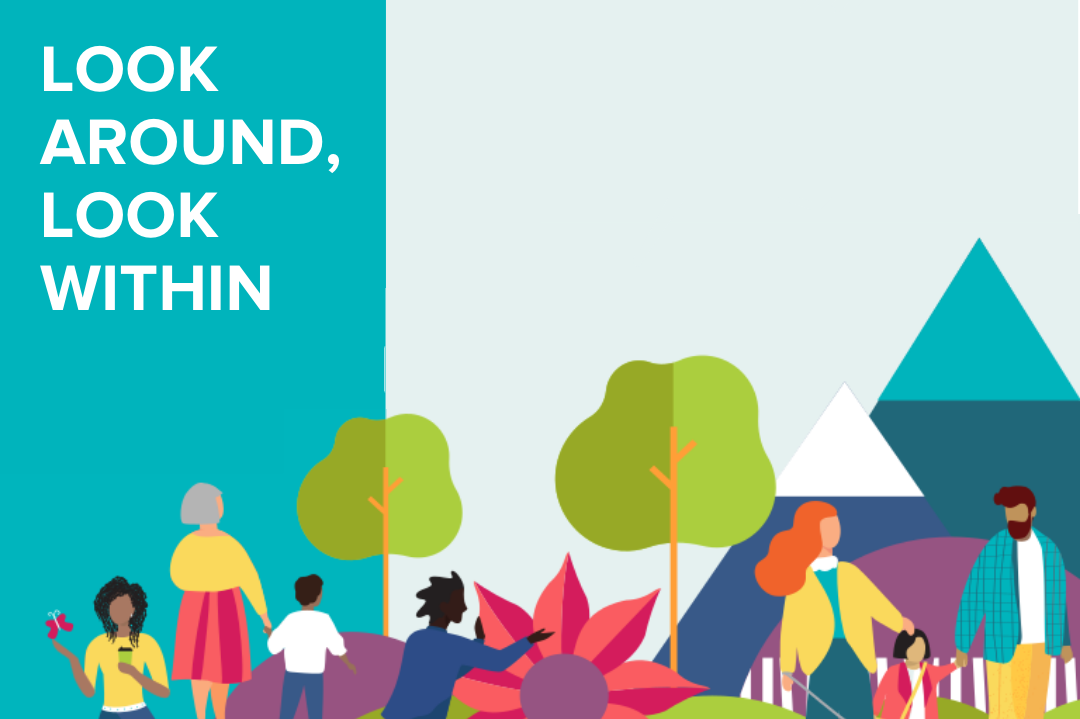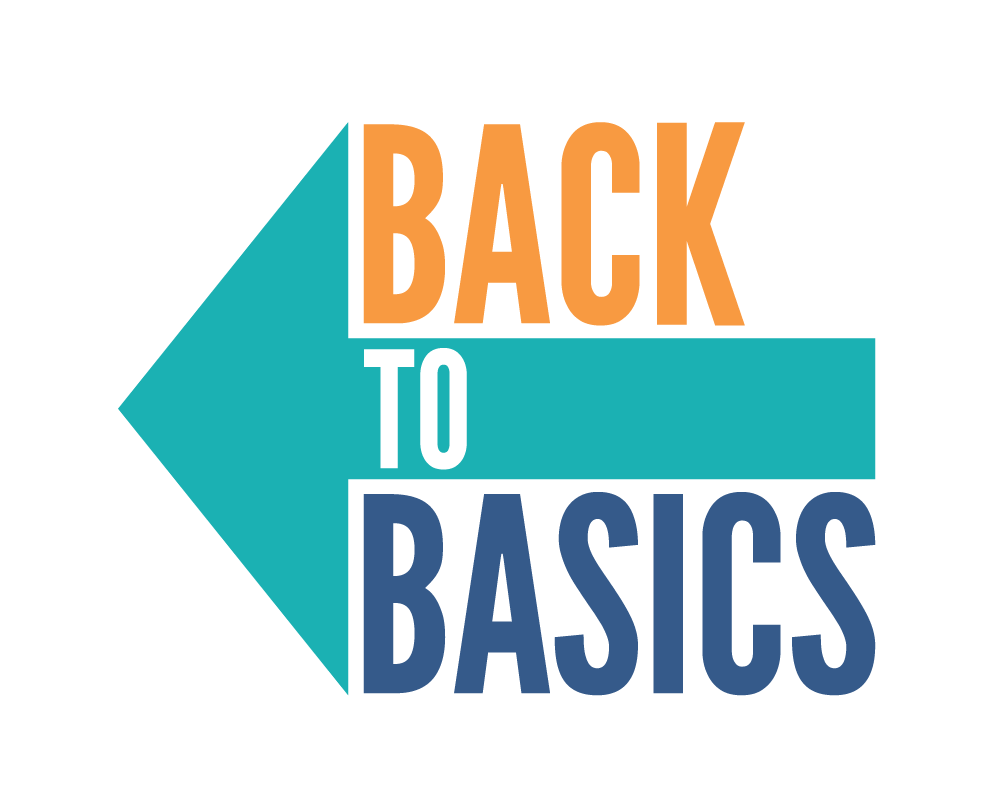Look Around and Look Within: Prioritizing Mental Health with Mental Health America of Putnam County
Pause for a moment and think about where you are right now. Do you feel safe? Can you easily get to a doctor or buy groceries? Is your home a comfortable and happy place for you?
Every May for Mental Health Month, MHA releases a toolkit of timely information to help you with your and your community’s mental health. This Year in 2023, we encourage you to Look Around, Look Within: take a closer look at your surroundings and how they affect your mental health. Your life involves many places and factors, like where you were born, where you live, where you learn, work, play, and meet with others. These, along with your financial situation and social connections, are called “social determinants of health” (SDOH). When these factors are taken care of, you are more likely to have better mental health. But if it feels like your surroundings are causing problems, your mental health can suffer.
Even though you can’t control everything about your environment, there are steps you can take to make your space better for your well-being
Work toward securing Safe and Stable Housing
Safe and stable housing is undeniably foundational for mental health. If you find yourself facing housing instability, we are here to connect you with valuable resources and guidance. Here are some steps you can consider:
-
-
- Reach out to state/local agencies for housing assistance. In Putnam County, Beyond Homeless can assist with numerous challenges to housing in our area
- Address safety hazards in your current home.
- Explore alternative spaces, such as community centers or friends’ homes, where you can find the comfort you may be missing at home.
-
For more info about Safe and Stable Housing, check this fact sheet: Fact Sheet MHM 2023 – Safe and Stable Housing.pdf
Focus on Creating Healthy Home Environments
A healthy home environment plays a pivotal role in mental health. Try to keep your living and working space clean and organized so you can sleep better and feel good. Fill it with things that make you feel relaxed and happy, like your favorite items and decor.
To learn more about Health Home Environments, check this fact sheet: Fact Sheet MHM 2023 – Healthy Home Environments.pdf
Create Bonds with Your Neighborhood and Community
The neighborhood and community you reside in significantly influence your mental health. We firmly believe that a strong and supportive community enhances mental well-being. Here are some steps you can take:
-
-
- Get to know your neighbors and create strong community bonds.
- Consider joining or initiating neighbors-helping-neighbors groups.
- Support local businesses to combat gentrification.
-
To find more about how Neighborhoods and Towns affect mental health, check this fact sheet: Fact Sheet MHM 2023 – Neighborhoods and Towns.pdf
Connect with Nature
Spending time in nature can do wonders for your mental health. It can lower stress, boost your mood, and help you focus better. Whether you’re enjoying the green spaces in our county, finding peace in your backyard, or bringing indoor plants into your life, we’re here to help you experience the healing power of nature.
To discover more about how The Outdoors and Nature impact mental health, check this fact sheet: Fact Sheet MHM 2023 – The Outdoors and Nature.pdf
Additional Resources
Here are some extra tools to help you assess your surroundings and mental well-being
24/7 Resources
Around the clock, 24/7 resources to support your mental health.
MHA Screening: A quick, confidential, and scientifically validated online screening to help you understand if you are experiencing mental health symptoms.
988 Suicide & Crisis Lifeline: A 24/7 lifeline that provides free, confidential support for anyone in distress -you don’t have to be suicidal to reach out. Dial 988 to connect with a crisis counselor. Spanish-speaking crisis counselors are available at 1-888-628-9454.
988 Textline: When you text 988, you’ll answer a short survey to let the crisis counselor know what’s going on. You will be connected with a trained crisis counselor in a crisis center who will provide support and share resources if needed.
Crisis Text Line: If you prefer texting over talking on the phone, text MHA (or anything) to 741-741 to connect with a crisis counselor who can help you work through your emotions.
Warmlines: Warmlines are staffed by trained peers who have been through their own mental health struggles and know what it’s like to need someone to talk to. Click the link for more information on warmlines.
Remember that you are not alone, and our organization is committed to supporting you on your path to a happier and healthier life. Explore our resources, reach out to our team, and take the necessary steps towards a brighter and more mentally resilient future. Your mental health matters, and we are here to stand by your side.



